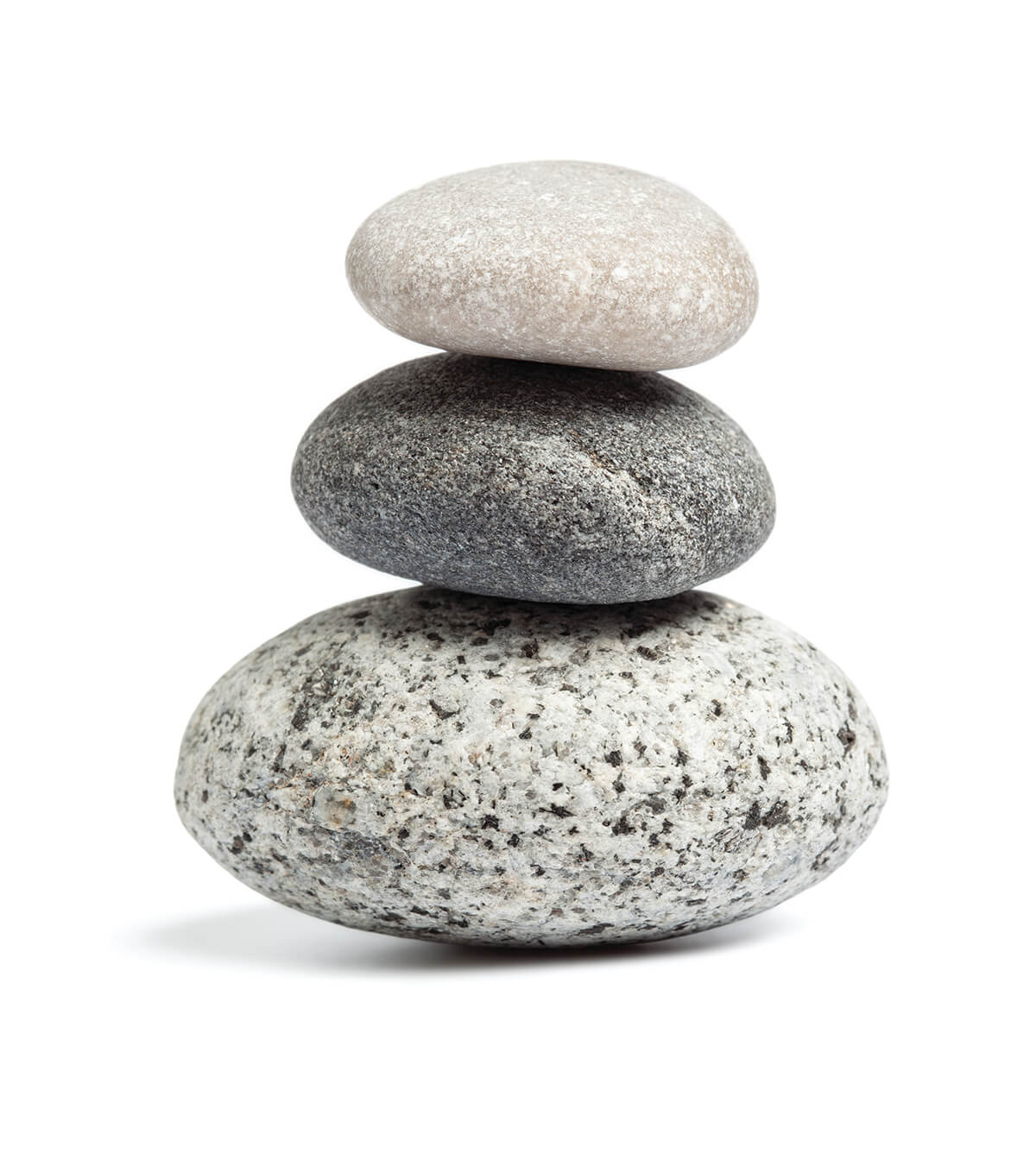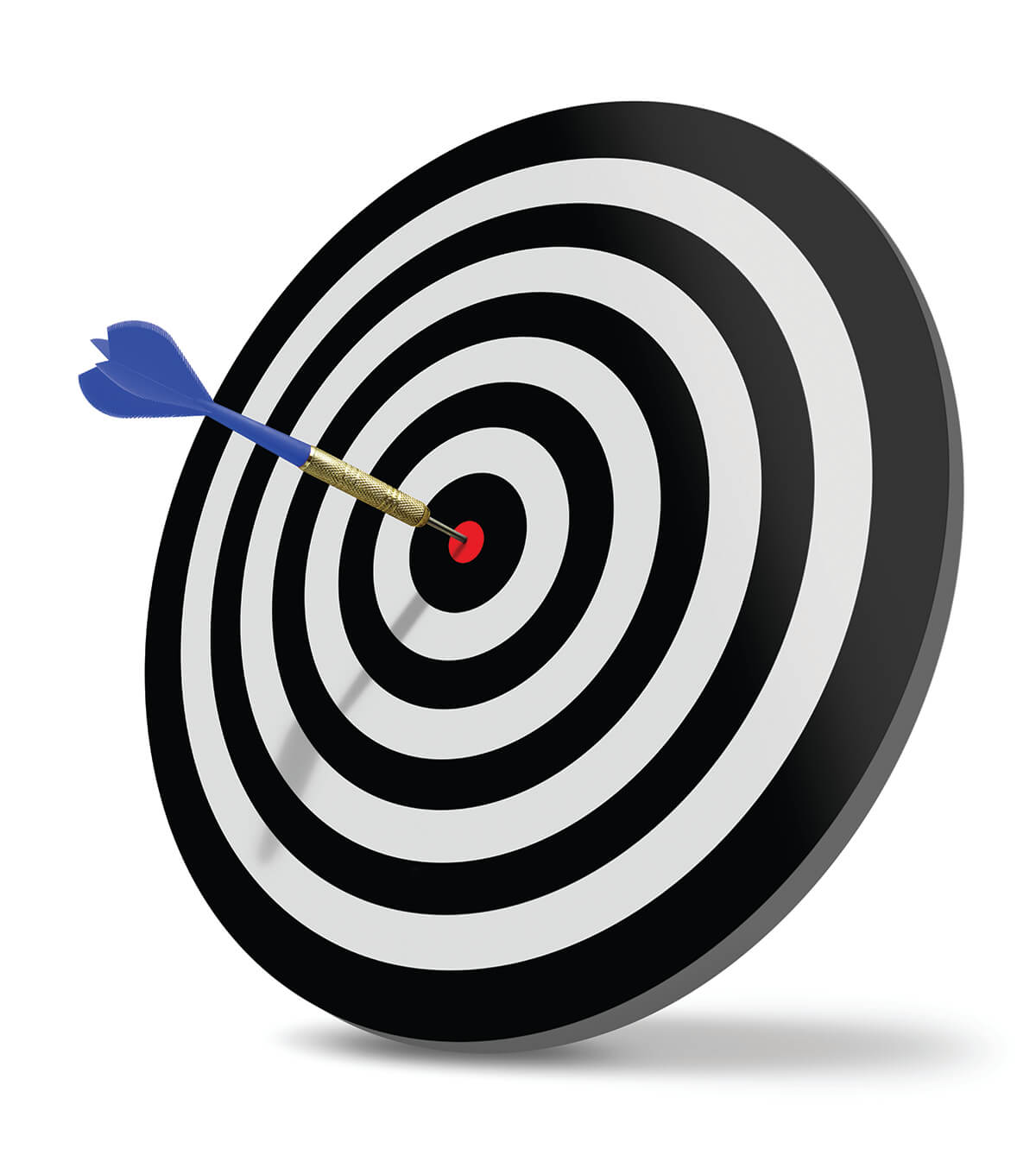Health & Wellness
Tips for Setting Attainable New Year’s Resolutions
We asked Andrea Castelhano, PsyD, of Baltimore Therapy Group how to navigate the pressure of making big changes.

There’s something a little daunting about the whole “new year, new you” concept. In theory, it’s great—a time for a reset, a reinvention, an eradication of bad habits and introduction of good ones. Easier said than done, right? It’s exciting to think of the opportunity that change brings, but, for many, the pressure of making change becomes overwhelming. If you’re dreading resolutions, you’re not alone.
So how do we set goals for ourselves that we might, you know, actually accomplish? We asked Andrea Castelhano, PsyD, of Baltimore Therapy Group, for some tips.
How can we approach New Year’s resolutions in a more accessible way?
It’s okay to normalize “saying no” to the idea of setting resolutions. For those who want to set resolutions at this time of year, it can be helpful to ask why you want to make changes—and why now. Be mindful of the why now part. For many people, the holiday season means being out of one’s routine, which can bias the goal selection and change process. This contributes significantly to choosing unrealistic goals and over-focusing on short-term change. Instead, pick a goal that you’ve had in mind [for a while] and one that feels meaningful to you all year round.
How do we keep the motivation beyond the first few weeks of change?
In my experience, loss of motivation happens for a good reason, such as setting unrealistic expectations. Know what is important to you and what is within your control to change. Pace yourself to avoid unnecessary setbacks and unintentionally set too high of a standard for change. Setting small goals along the way can help you stay engaged and feel accomplished throughout the change process. Build flexibility into your goals to avoid feeling demoralized when things don’t go according to plan. Ask others for help or recruit someone to make changes alongside you.
Why can it be challenging to set goals in times of uncertainty?
Goals are future-oriented. When uncertainty leaves us without a clear vision of what lies ahead, it can be difficult, if not impossible, to feel grounded enough to set those goals. In such circumstances, most people find it more feasible to plan for short-term changes or focus on finding ways to cope better with the uncertainty.
What tools or practices might be helpful?
The SMART goals framework is effective for structuring goals. This means that goals are Specific, Measurable, Attainable, Relevant, and Time-bound. When you’re not sure which area of life to work on, focus first on identifying your personal values and priorities. Once values are defined, rank their relative importance. Working with a therapist on goal-setting and initiating change is another helpful option.
WHAT YOU NEED:

FLEXIBILITY: Give yourself room to make mistakes, experience setbacks, or re-evaluate.

MINDFULNESS: Be honest with yourself on what goal you’re setting and why.

PLAN: Using something like a SMART goal framework can help you build a focused plan for achieving your goals.